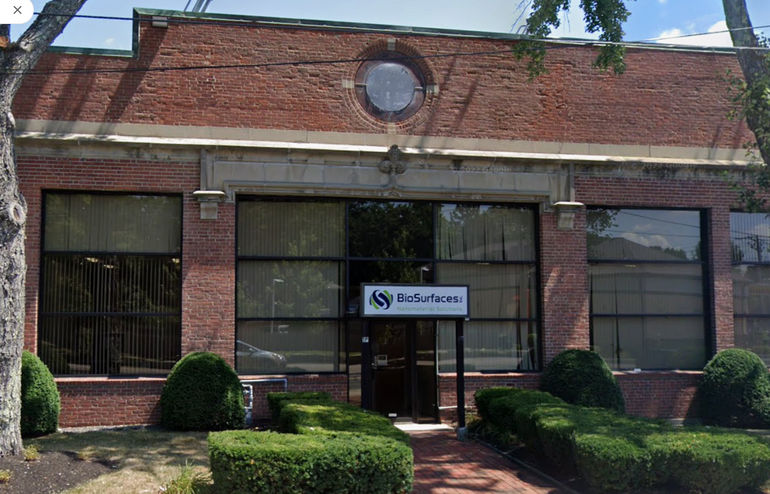The Bill & Melinda Gates Foundation, a nonprofit addressing inequities on a global scale, has extended its reach to Central Massachusetts, awarding Ashland-based BioSurfaces a $2.06 million grant supporting the life science company’s development of an implant device used to treat chronic illness.
BioSurfaces’ Bio-Spun Cell Chamber aims to treat illnesses including diabetes, liver disease, and rare and transmittable diseases, by delivering needed proteins to the body through an implantable device made from living cells, according to a Friday press release. BioSurfaces will utilize the grant funding to increase the device’s cell capacity and collaborate with external research teams to obtain genetically modified cells that produce a biotherapeutic for specified diseases.
Having already performed pre-clinical trials, BioSurfaces anticipates the research funded by the one-year grant will show the BSCC’s efficacy in receiving nutrients from the body, shielding cells from immune system attacks, and facilitating the movement of biotherapeutic agents produced by the cells from the device into the body.
“This device could be extremely helpful in low- and middle-income countries where access to biotherapeutics may be limited,” Matthew Phaneuf, BioSurfaces president and CEO, said in the release.
Existing devices have resulted in scar tissue forming around the implant, impairing both inflow of nutrients to the cells and the device’s ability to deliver the therapeutic proteins, according to the release. The BSCC’s foundation studies have resulted in minimal scarring while providing biotherapeutic agents for up to 150 days.
Patients in developing countries historically have had a difficult time obtaining similar devices, because of the cost and issues with the supply chain. This leads to inconsistent therapy, which can result in risk of complications.
“Receiving this prestigious grant from the Gates Foundation represents a significant step forward in our goal to provide a practical, long-term therapeutic delivery solution for patients, especially for those in underserved areas,” said Phaneuf.
Mica Kanner-Mascolo is a staff writer at Worcester Business Journal, who primarily covers the healthcare and diversity, equity, and inclusion industries.

